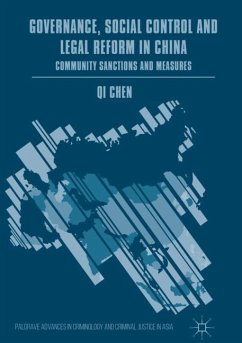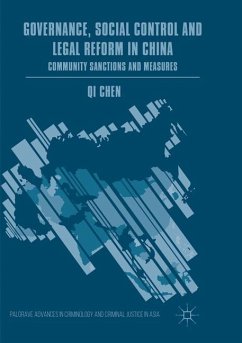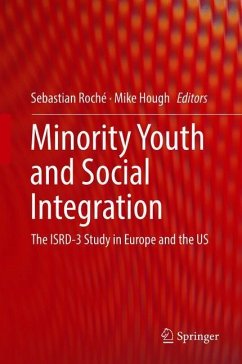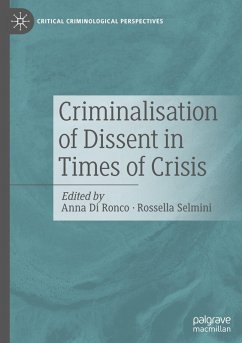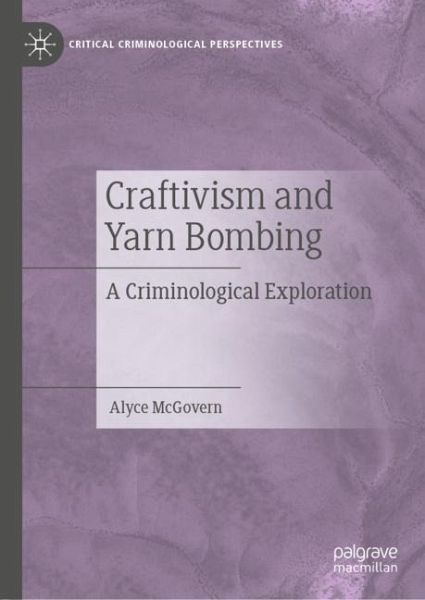
Craftivism and Yarn Bombing
A Criminological Exploration

PAYBACK Punkte
21 °P sammeln!
This book explores the use of handmade crafts as a vehicle for protest. Craftivism has experienced a resurgence in recent years, often in direct response to the social, environment and political concerns of those who engage in the practice. Acts of craftivism raise important questions for criminologists about the use of public space, power, and resistance. McGovern focuses on an example of the 'craftivist' movement that has been steadily gaining momentum since the early to mid-2000s: yarn bombing. As an urban craft movement that melds the skills of knitting or crochet with the act of graffiti,...
This book explores the use of handmade crafts as a vehicle for protest. Craftivism has experienced a resurgence in recent years, often in direct response to the social, environment and political concerns of those who engage in the practice. Acts of craftivism raise important questions for criminologists about the use of public space, power, and resistance. McGovern focuses on an example of the 'craftivist' movement that has been steadily gaining momentum since the early to mid-2000s: yarn bombing. As an urban craft movement that melds the skills of knitting or crochet with the act of graffiti, yarn bombing has the potential to contribute to criminological understandings of graffiti and street art, particularly on issues of gender, perceptions of and motivations for graffiti, and the commodification of crime. Drawing on interviews with yarn bombers and craftivists, Craftivism and Yarn Bombing explores how such acts can be understood and explored through a criminological lens,and will be of interest to students and scholars across a range of disciplines, including criminology, sociology, cultural studies, gender studies, and urban studies.







